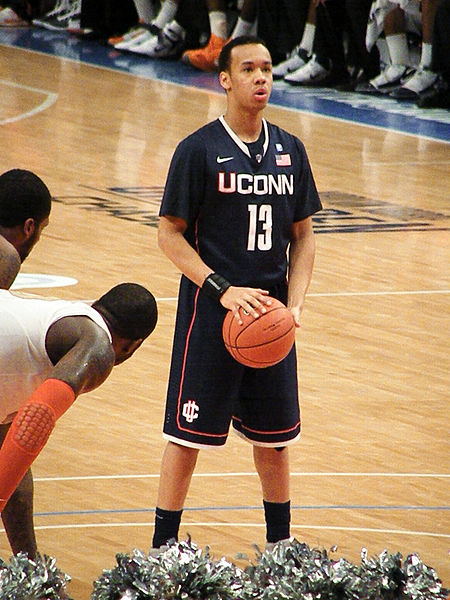
The Greek philosopher Aristotle wrote that sport and education should co-exist, as sport is one of the highest of human activities and the closest a person can come to contemplation. Any athlete can attest to a feeling of being out of body while performing at a high level. Perhaps American universities founded their athletic departments on the basis of that idea. Yet, in today’s university environment, sports create unequal opportunities and are detrimental to a university’s primary mission of educating its students.
The common belief is that universities provide athletes, many of whom come from lower-income homes, the opportunity to receive an education as they pursue their dream of going pro through athletic scholarships.
But this is a flawed idea. According to the NCAA, less than 2 percent of college athletes are drafted — the exception is baseball, in which 11 percent are drafted. In the college sports world, athletes are defended and professors are coerced by athlete handlers into passing those “student” athletes who have grade-school reading levels.
These athletes are exploited by the universities for which they perform for four years, putting their bodies at stake without having to exert their minds and without making any money. For example, Shabazz Napier, one of the stars of UConn’s basketball team, recently told reporters he cannot afford food.
While it is hard to be certain about what the 98 percent of football players who are not drafted go on to do, many of them did not take advantage of the education they could have received if they had taken academics seriously before and during college. They trained their bodies but not their minds. As a result, they are not as competitive in the labor market for high-skill jobs as other graduates.
This mindset undermines the value of education as a whole in society, and of the college degree that non-athlete students pay for. Universities graduate unprepared students, which reflects negatively on their educational standards and tarnishes their prestige.
Because the institution of college sports is far too ingrained to change, all universities should follow the model set by schools like Harvard and Stanford. In order to be an athlete at either of these schools one must have the grades necessary to be accepted, just like any student whose application goes through the admissions office. Athletes at those universities are not awarded athletic scholarships. This rule ensures that the university’s educational standards are maintained and change the view that nurturing one’s intelligence is not important when chasing the dream of being a professional athlete.
A version of this article appeared in the Tuesday, April 8 print edition. Francisco Navas is sports editor. Email him at [email protected].

























































































































































